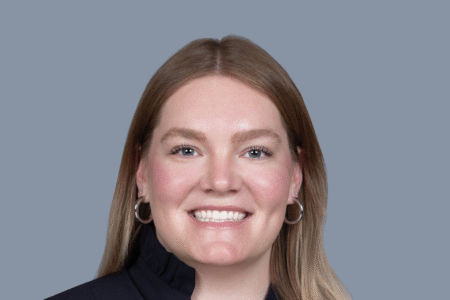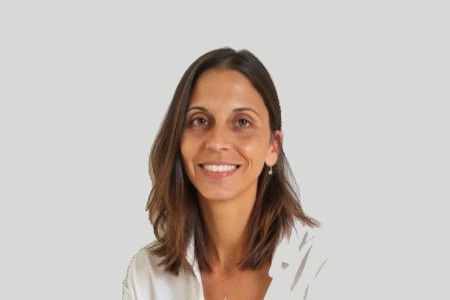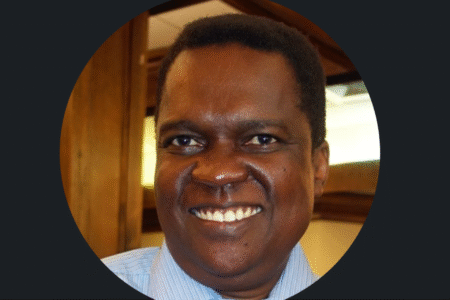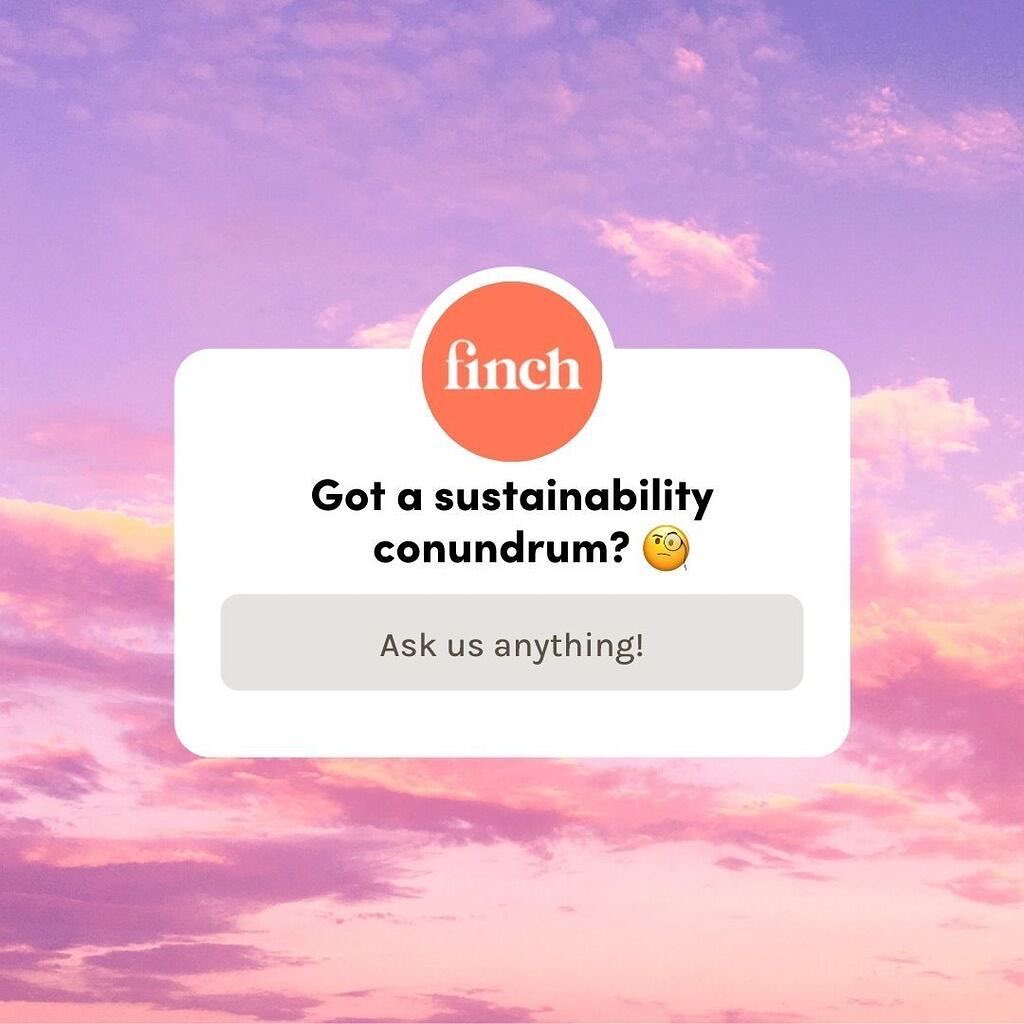
We sat down with Lizzie Horvitz, the featured Green Success Stories Person Of The Week, the founder and CEO of Finch, to learn about how they equip people with the x-ray vision to see through the bullshit and the know-how to choose wisely when it comes to their sustainable buying decisions.
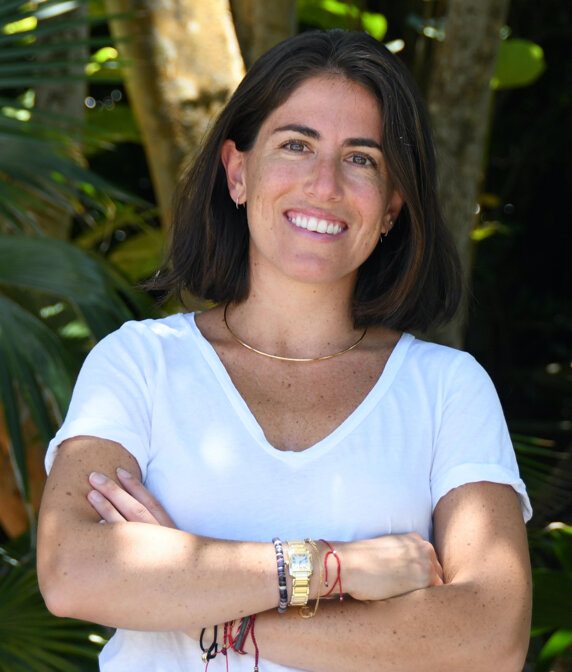
Tell us a little bit about you and your background:
I became passionate about sustainability at 16 when I lived off the grid and learned about climate change for the first time – I saw the solution before fully understanding the problem. Since then, I’ve dedicated my life to finding private-sector solutions to climate change. I worked at Unilever for three years on their supply chain team and then on their sustainability team before becoming COO at a small startup based in Singapore. It was there that I fell in love with taking a company from inception to scale and the fast-paced environment of a startup and decided to start Finch.
What is a fun fact about you?
I’m obsessed with karaoke and singing. I made my own music video in graduate school, which is now buried in the depths of YouTube, where hopefully very few people can find it.
Why do you think climate change and sustainability is such an important topic today?
All of the most important issues of our time – education, poverty, health – start with a thriving planet. If we don’t have that, then the progress we make on all other issues will only go to a certain point, so I think that if we figure out climate change, the rest will follow in many ways. Luckily, we have solutions for it and are starting to act, so we’re moving in the right direction.
What do you envision your industry looking like 10 years from now?
When I toured the University of Michigan for graduate school, the dean at the time said something that will stick with me forever: “The jobs you will have for the majority of your career likely don’t even exist right now.” I think that’s absolutely true – it’s anybody’s guess. What I do know is that our industry will be less like it’s own industry and more integrated into every other aspect of life and peoples’ careers. Sustainability will become less siloed and more a part of everyday lives. People won’t sacrifice and won’t have to trade convenience for responsible consumption; it will be integrated into a new way of living that serves all.
What can the average person do to make a difference?
Eat less red meat, pay for carbon offsets when you fly, talk to people about little tips and tricks that you’ve found, reduce single-use plastic where there are easy replacements (like water bottles!).
Visit Finch’s website for guides on over 25 consumer products here.


